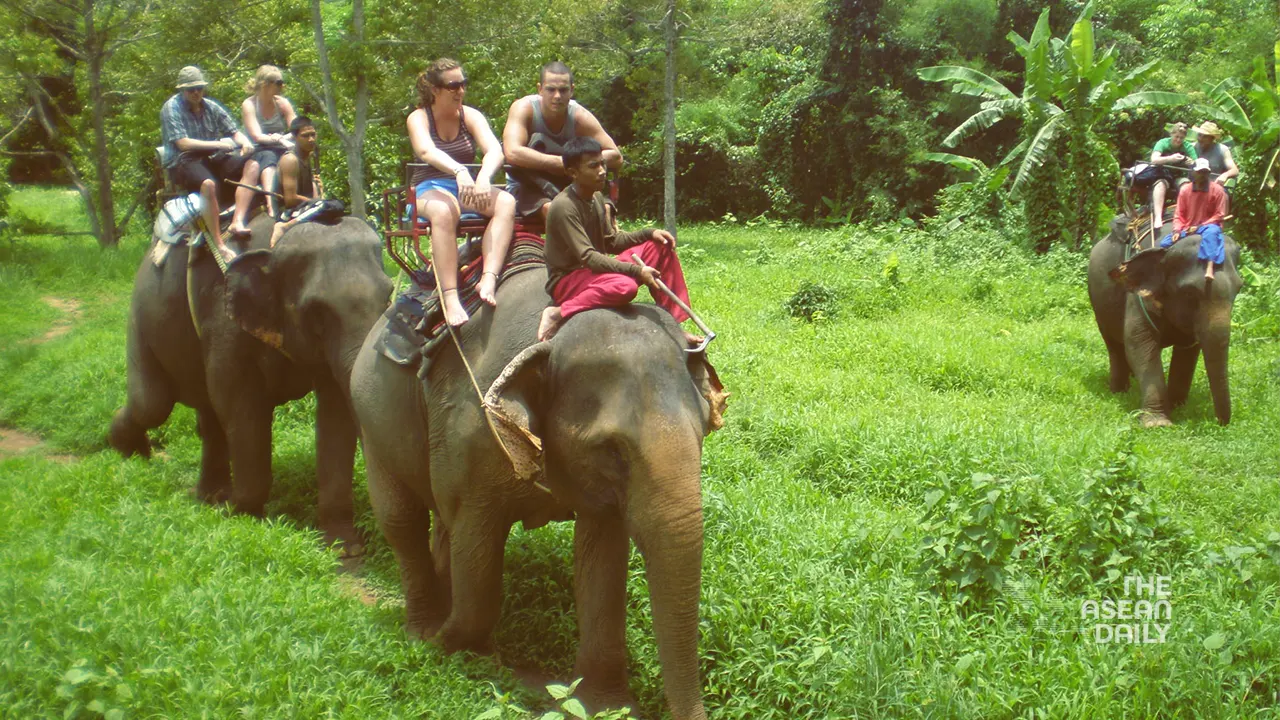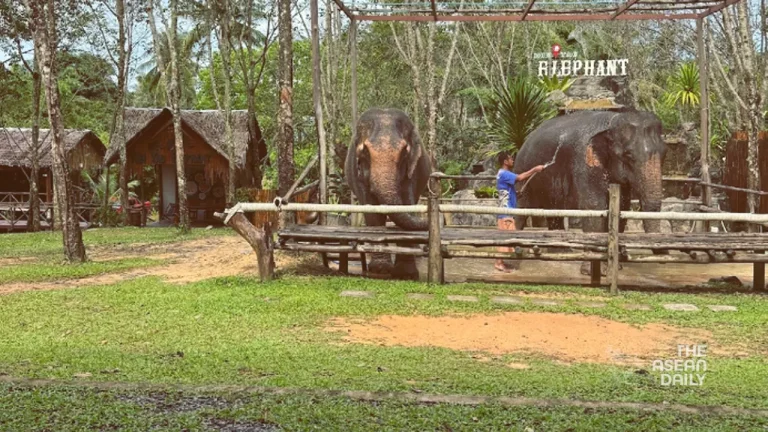18-1-2025 (BANGKOK) A fatal incident involving a Spanish tourist at an unlicensed elephant facility has thrust Thailand’s expansive elephant tourism sector under intense scrutiny, prompting urgent calls for stricter safety measures and proper regulation of these popular attractions.
The tragic death of 22-year-old Blanca Ojanguren García at the Koh Yao Elephant Care Centre in Phangnga province has sent shockwaves through Thailand’s tourism industry, which boasts over 200 elephant camps nationwide. García lost her life after a routine elephant bathing activity went catastrophically wrong when she slipped into a pond and was fatally injured following contact with a distressed elephant.
The Livestock Department, which oversees 245 registered elephant camps housing 5,359 domesticated elephants, has responded to mounting safety concerns. Deputy Chief Boonyakrit Pinprasong emphasised that the facility where the incident occurred was operating without proper licensing, circumventing crucial safety regulations implemented last August.
“These regulations were specifically designed to ensure both animal welfare and visitor safety,” Pinprasong told reporters. “Licensed facilities must maintain proper environmental conditions, ensure elephant health, prevent animal abuse, and implement robust safety protocols.”

Chiang Mai remains the country’s primary elephant tourism hub, hosting 90 camps with 871 elephants, followed by Phuket with 41 facilities housing 352 elephants. The sector extends to other popular tourist destinations including Phangnga, Chon Buri, and Surat Thani.
Industry expert Theerapat Trungprakan, who operates the Q trademark-certified Patara Elephant Farm in Chiang Mai, highlighted the critical importance of proper elephant selection and handling. “Not every elephant is suitable for tourist interactions. The tragedy likely stems from inexperienced staff at a newly established facility failing to properly assess elephant temperament,” he explained.
World Animal Protection Thailand has seized upon the incident to advocate for significant reforms, calling for an end to direct tourist-elephant interactions, particularly during bathing activities. The organisation suggests shifting towards observation-based experiences that allow tourists to witness elephants in more natural settings.
The tragedy comes amid growing challenges in human-elephant relations across Thailand, with the Department of National Parks reporting increased conflicts between wild elephants and local communities in six eastern provinces. Recent surveys indicate wild elephant populations have reached their highest levels in 40 years, with over 4,000 individuals recorded across 91 protected areas.




